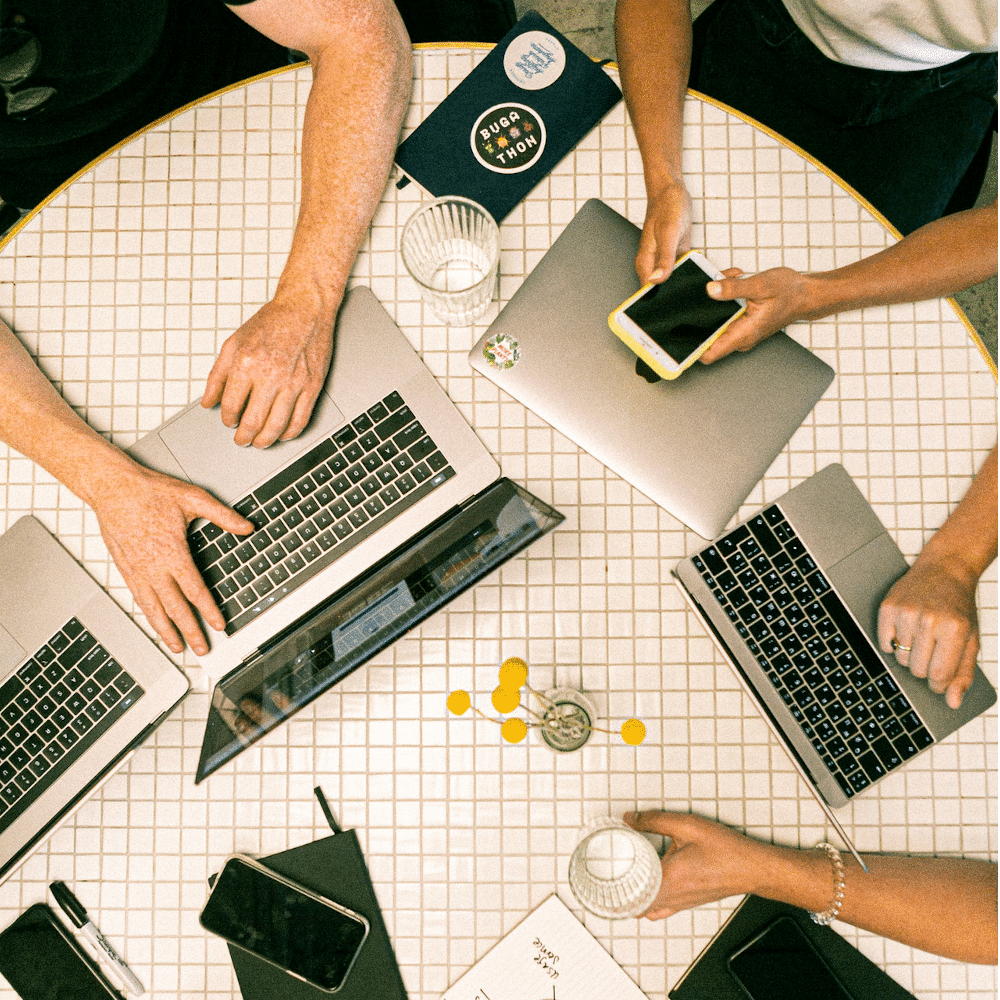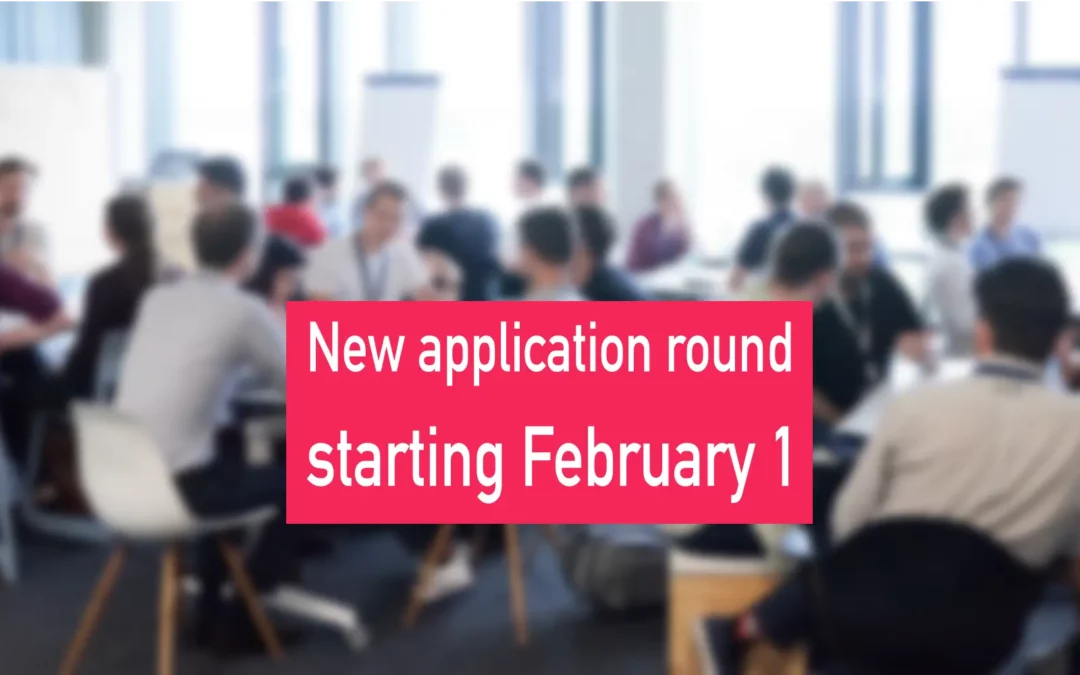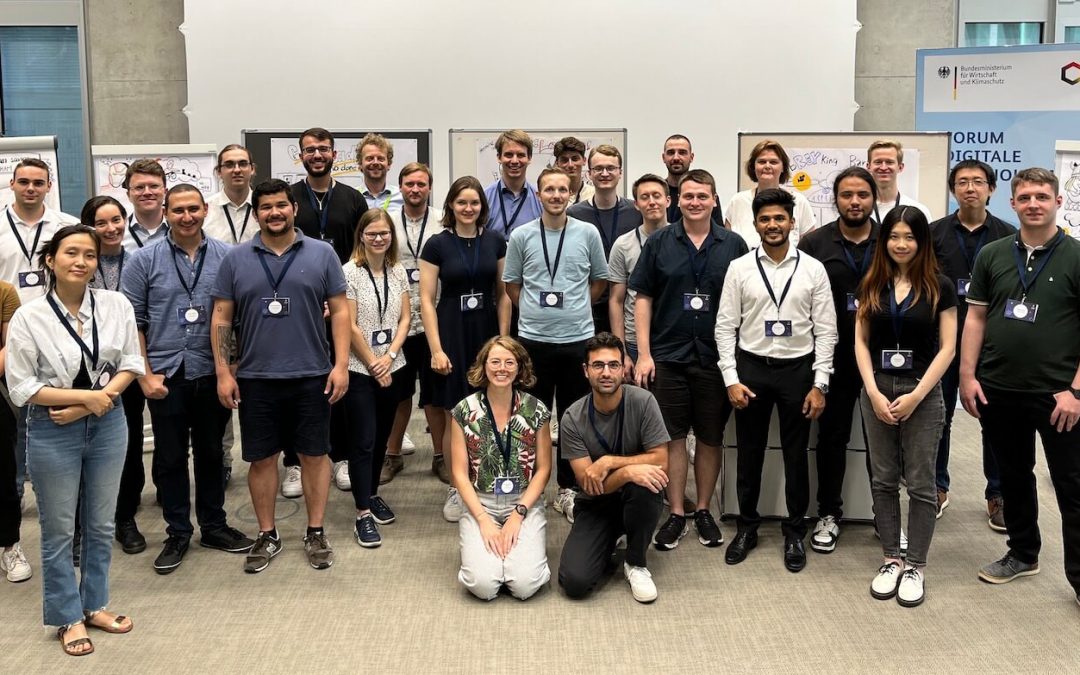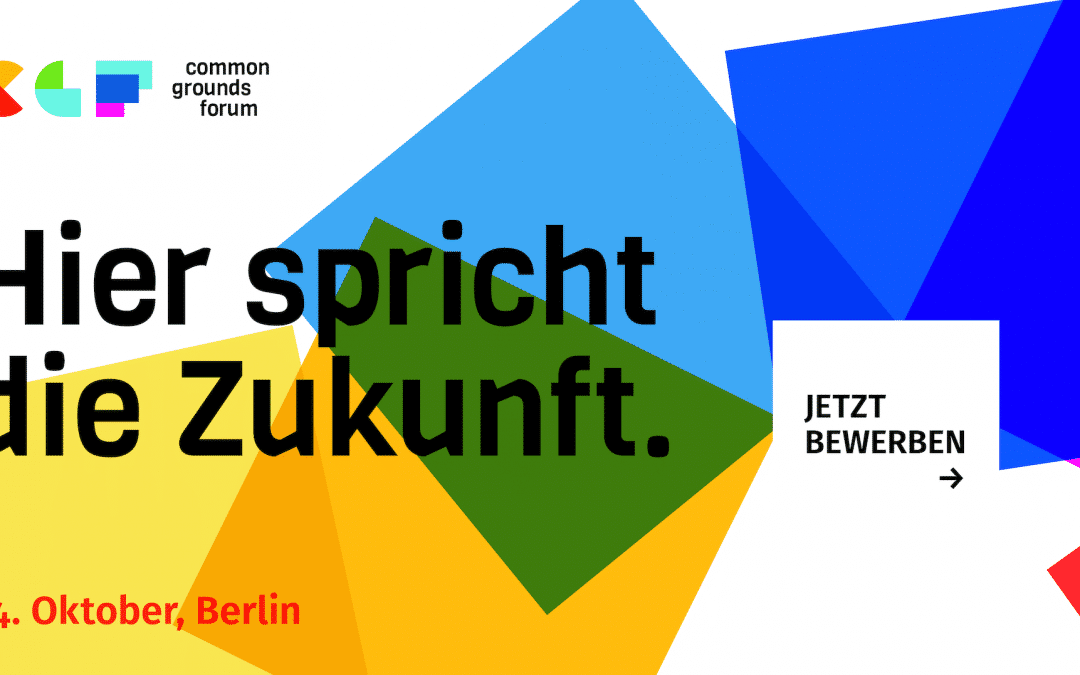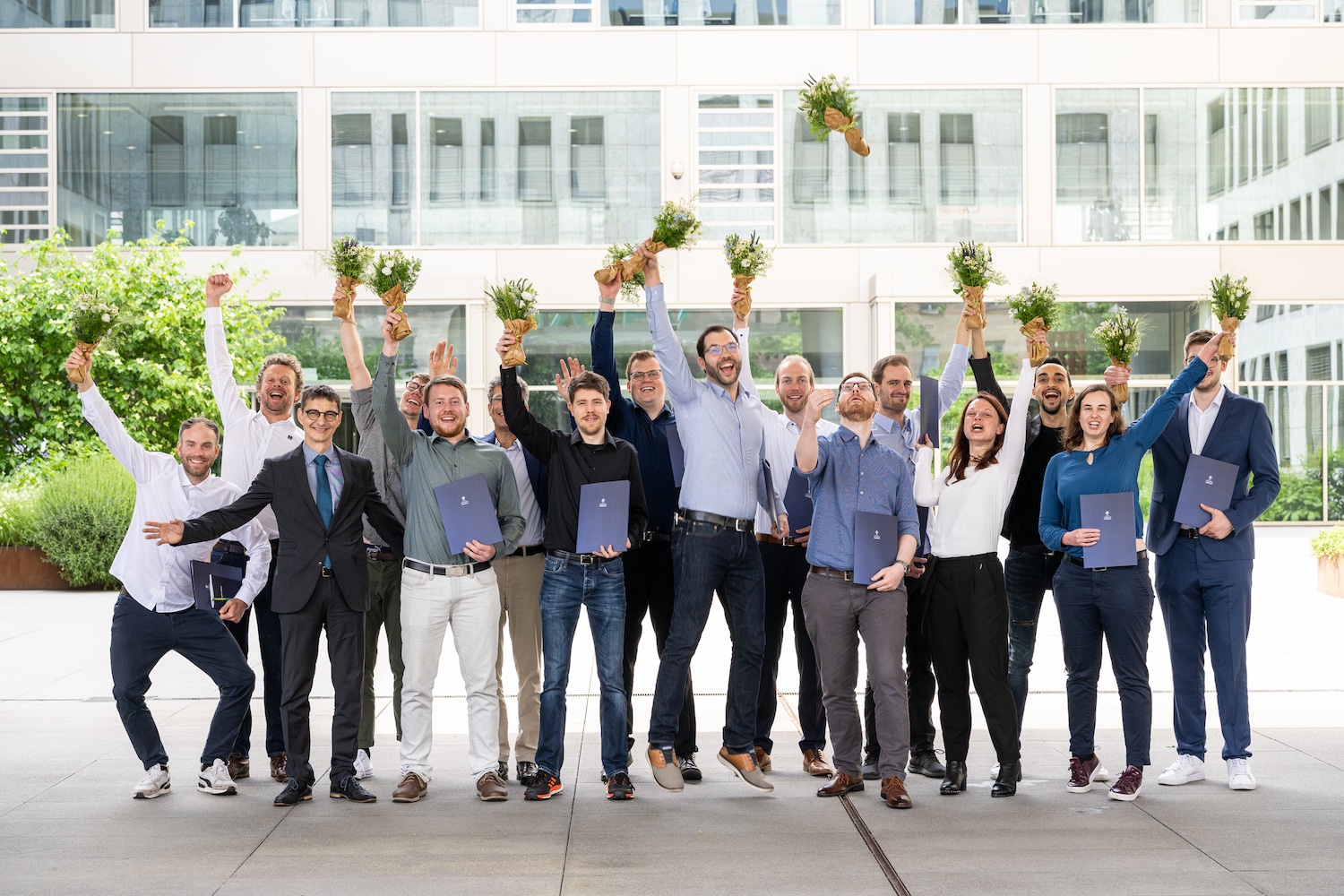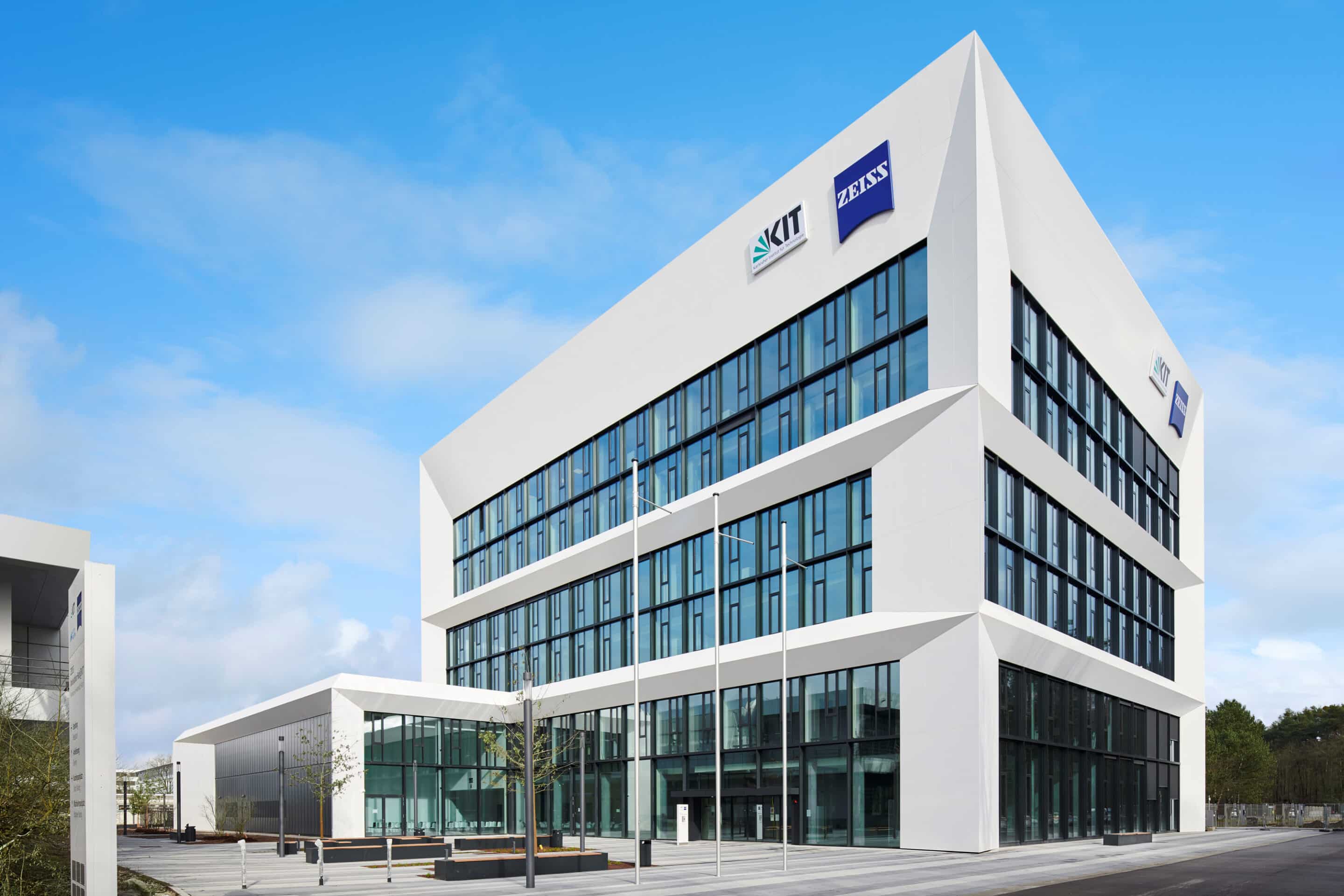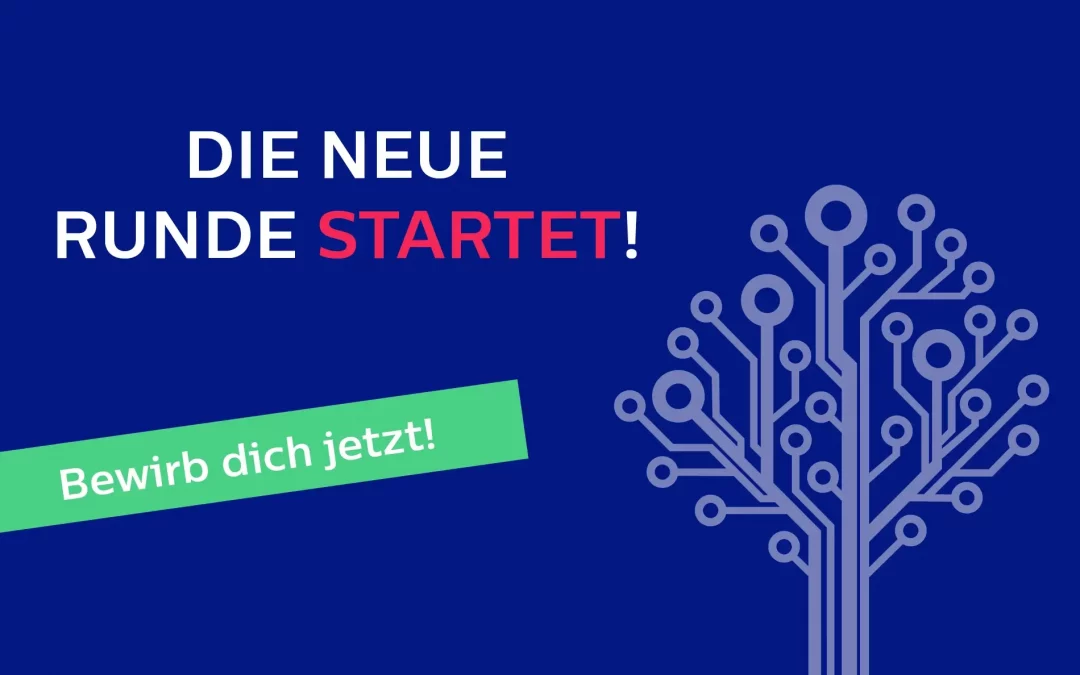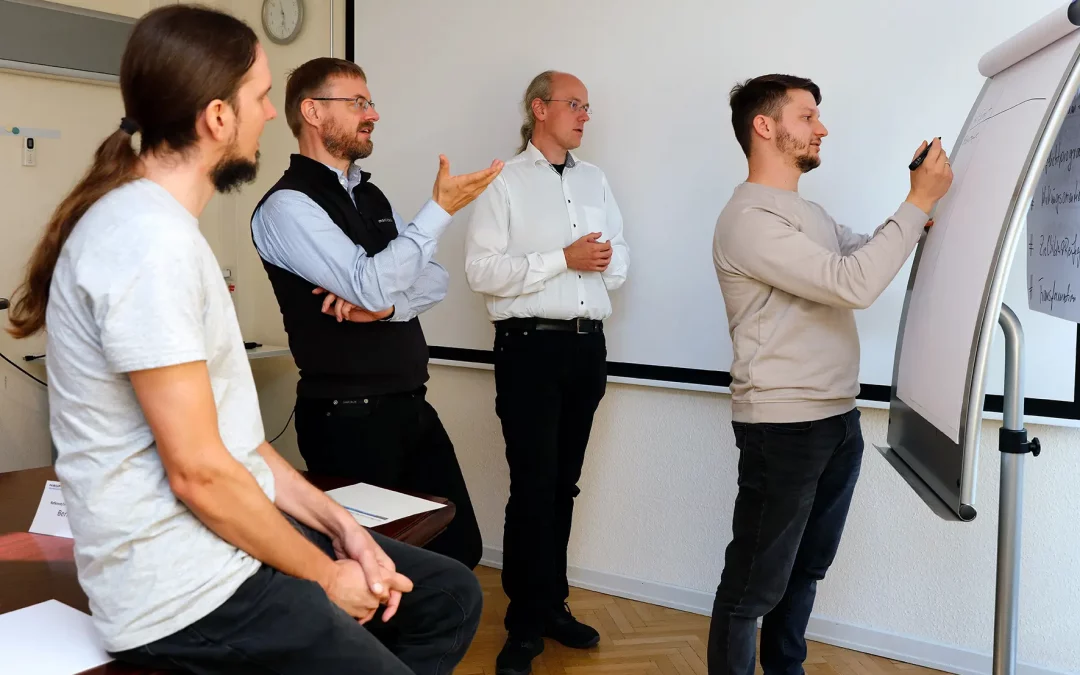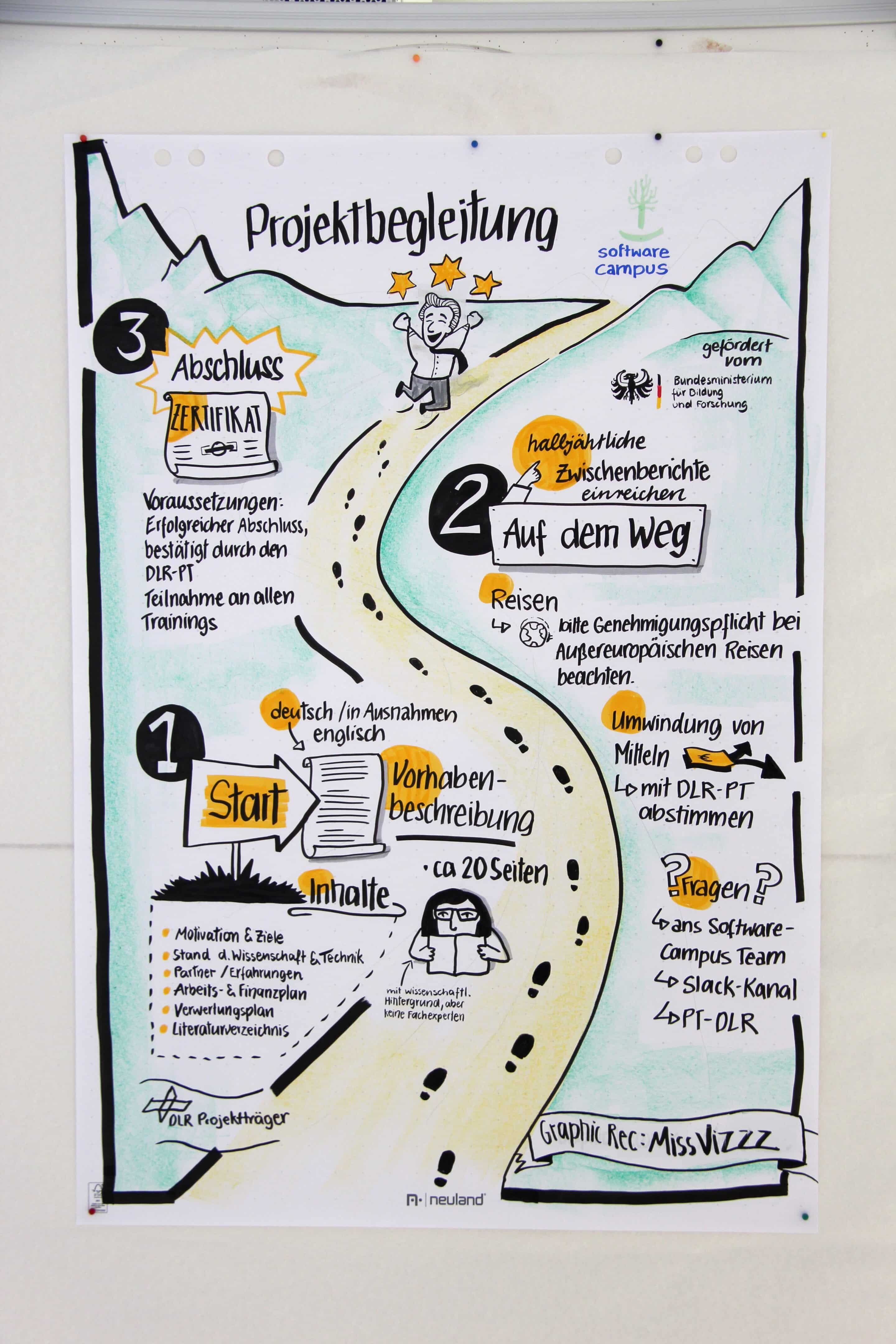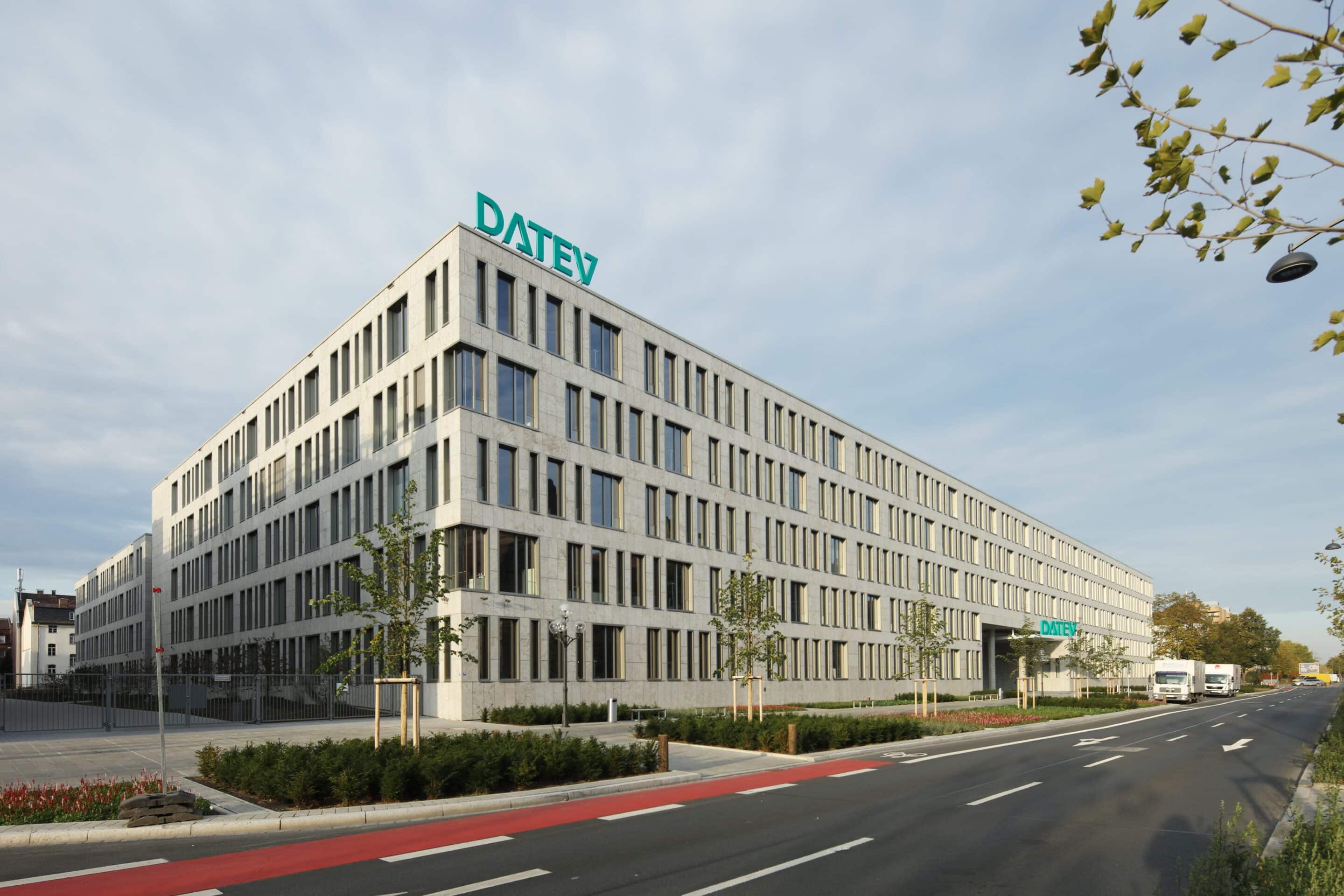Do computer scientists have an impact on the long-term effects of their work? The authors of the Karlskrona Manifesto for Sustainability Design answered this clearly for themselves in 2015: „As software practitioners and researchers, we are part of the group of people who design the software systems that run our world. (…) Through this work we have come to understand that we need to redefine the narrative on sustainability and the role it plays in our profession. (…) As designers of software technology, we are responsible for the long-term consequences of our designs.”
More than just environmental protection
Even though the concept of sustainability is often associated with “green” at first glance – green energy, green water management, green investments – it has many more dimensions. The 17 Sustainable Development Goals of the United Nations show that the impact extends just as much to the social or economic sphere.
In order to take a different perspective and identify future impacts of a service, system or application in these areas, the above authors have developed the Sustainability Awareness Framework. It draws attention to five dimensions that influence sustainability: Individual, Social, Environmental, Economic and Technical. With the help of questions, guidelines, examples and a visualisation diagram, the potential influence on sustainability is identified and discussed.
Workshop for Software Campus participants
In the online workshop 25 current participants and Software Campus alumni used this model to analyse nine applications such as Twitter, a lane assistant, Spotify and Github. Alejandro Gabriel Villanueva Zacarias from the University of Stuttgart was there: “I am under the impression that sustainable aspects are often left aside during the development of new IT systems. If anything, only the impact on the environment is subject of discussion, but the SusAF framework shows how complex the topic actually is.“
Laura Seiffe from DFKI Berlin also gained a new perspective: “In the Sustainability Workshop I learned that “sustainability” describes many levels that can influence each other. It’s up to us to think about all these levels at the beginning of an idea so that long-term sustainability can really be achieved.”
The participants have an influence on how research and development is shaped in their future leadership positions. In the workshop, existing applications and services were evaluated; the next step is to integrate them into their own research and development work and product development. Open questions such as: “What aspects are taken away, what can they be broken down to and how can they be made measurable?” remain as material for further work on this topic. “Before attending the SusAF-Workshop, I had a vague idea about sustainability. Now, I consider myself a sustainability-guru, willing to scrutinize each of my thoughts using the SusAF framework before executing them. If you care enough about your idea, attending this workshop is a must.”, recommends Arya Mazaheri from TU Darmstadt.
About the manifesto and the workshop
The workshop was led by Dr. Birgit Penzenstadler, one of the authors of the Karlskrona Manifesto and developer of the Sustainability Awareness Framework. The workbook can be downloaded here and the results of the workshop here.
© Pexels Canva Studio
